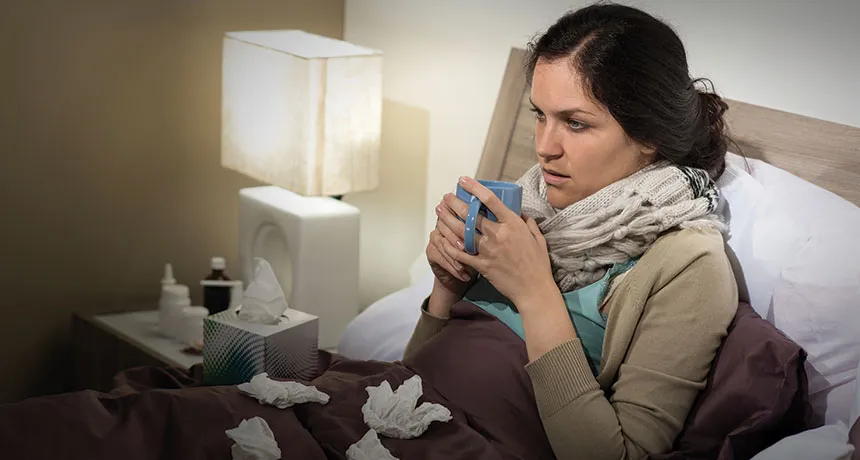Pay attention to that under-the-weather feeling
People who rate their health as less than excellent more susceptible to catching colds, study shows

GOING VIRAL Healthy adults who say they are in less-than-excellent health show an elevated susceptibility to developing colds, apparently because their health ratings reflect compromised immunity, researchers say.
Jean-Marie Guyon/iStockphoto







